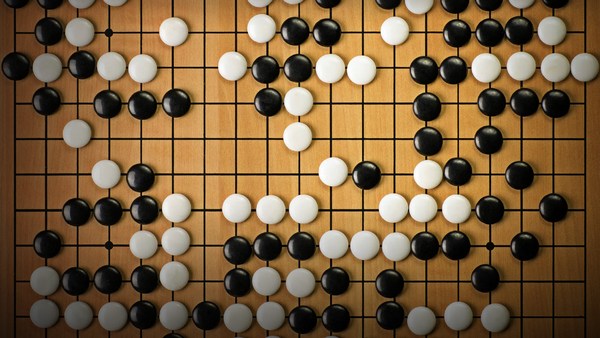So, what’s the big fuss about machine learning? Why are people so excited about it? Machine learning is a subset of AI that refers to the computer’s ability to process massive amounts of data and information. The idea is that the machine will process this data and then become smart enough to make decisions that mimic and even rival human intelligence. So, what are the promises of machine learning? Over the past few decades, machines have proven their ability to store and access large amounts of information. Now, with AI, the computers will be able to solve problems that have been previously unsolvable. This will propel our society and civilization into the new technology-driven age. A few examples of the achievements that AI will bring to our society are: freedom from labor, an increased life expectancy and an end to diseases as we know it. On top of that, machine learning will even almost give humans the power to transcend from their own body and enter a new mind. These are all extrapolations, of course, as this quote tells us. The greatest danger of AI “is that people conclude too early that they understand it.” Today, machine learning is being deployed for mundane tasks, such as digital marketing and spam filtering. Even in these limited fields, AI is predicted to be revolutionary. By 2030, AI will add $15.7 trillion to world’s GDP, boosting it by 14%. That's in only seven years. Oh, wait. That was -- Yeah. Okay. So, is machine learning inevitable? It is. The only question is what the boundaries that this AI will operate within will be. When people are told not to sail past the end of the horizon where the Earth abruptly ends, they do just that. When told not to clone human babies, someone in some corner of the world, will do just that. Pushing boundaries heedless of consequence is a basic human trait. The AI humans create will likely have this same trait, which is what will make them so spectacularly incredible, yet dangerous at the same time. So, a child growing up in a household will adopt the same values of his or her household, in the same way an AI born of human creation will have the values of the humans who create it. The question is, who will these authors of this AI be? The authors of this AI will likely be an exclusive group of a majority of leaders, of captains of corporations, and leaders of the majority. Lost will be the voices of the poor, the minorities, underprivileged, and anyone outside the circle of influence. An example is the LAPD. The data they collect is analyzed to use -- to isolate certain suspects depending on a point system. Civil liberty activists worry that this will unfairly target innocent people. It’s not new that a small subset of people will be at the center, driving societal change. But with AI, change is coming at a very fast pace. If --
Related talks
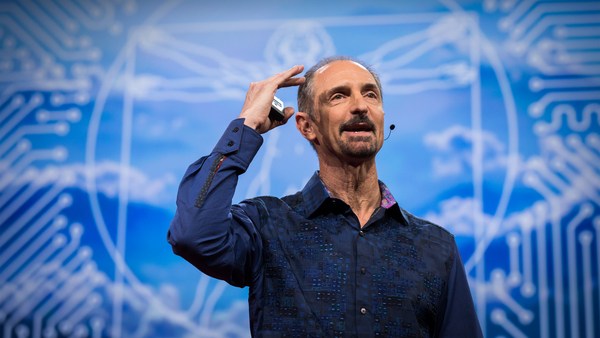
Tom Gruber: How AI can enhance our memory, work and social lives
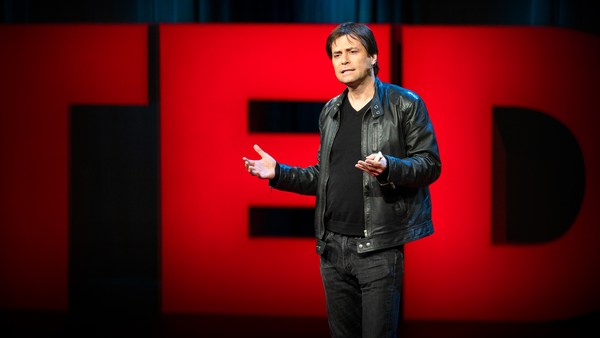
Max Tegmark: How to get empowered, not overpowered, by AI
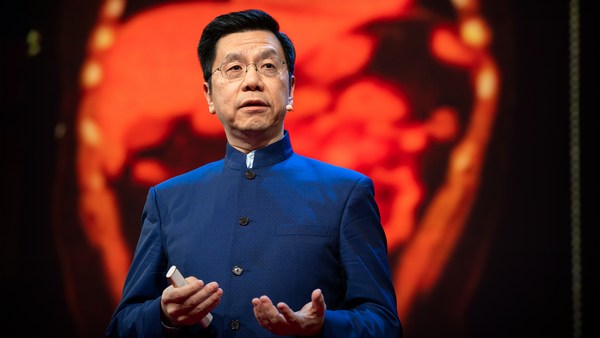
Kai-Fu Lee: How AI can save our humanity
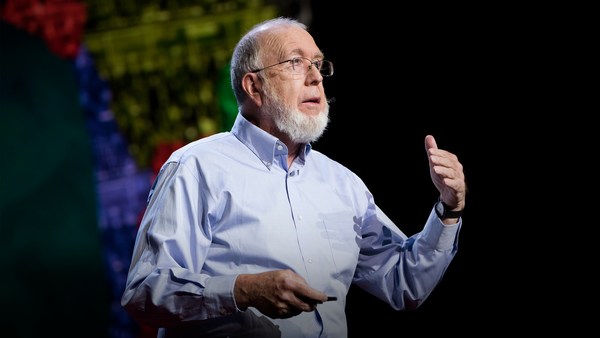
Kevin Kelly: How AI can bring on a second Industrial Revolution
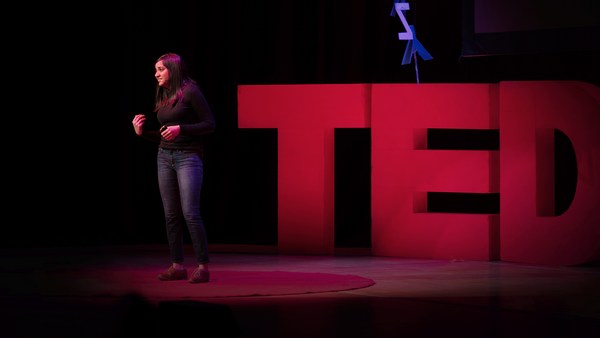
Kriti Sharma: How to keep human bias out of AI
